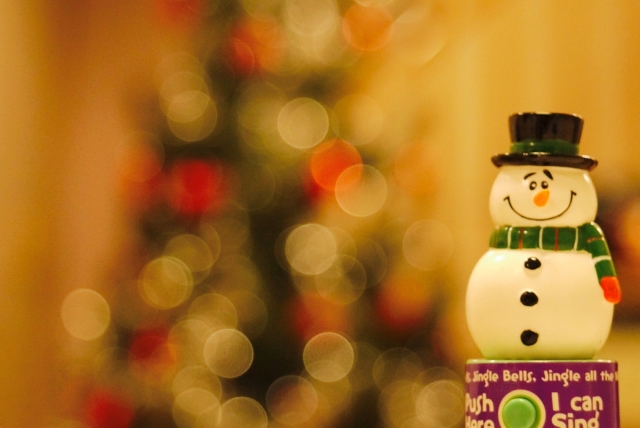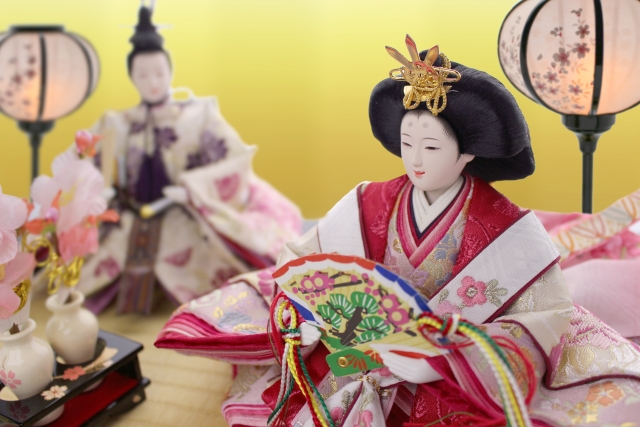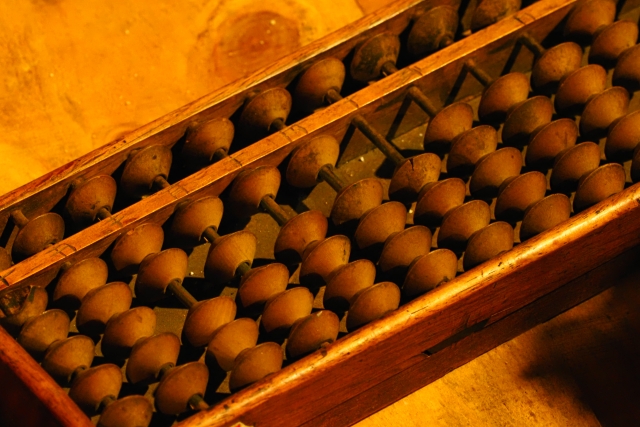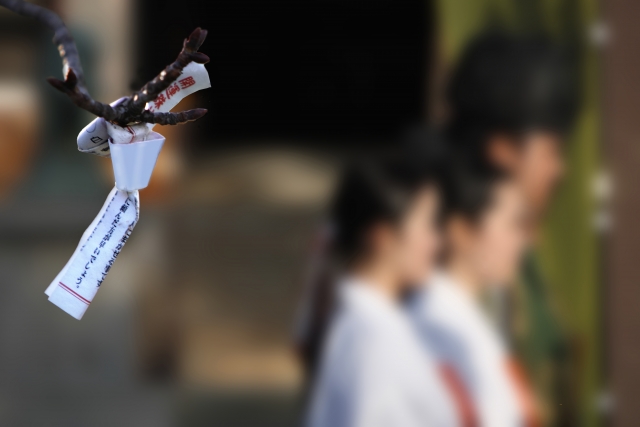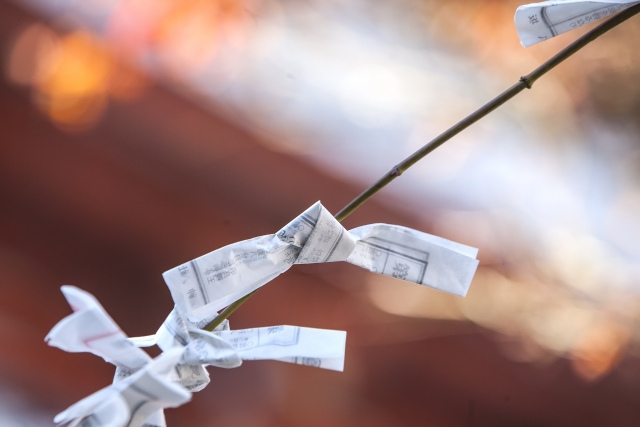
Omikuji is a lottery that is drawn at shrines and Buddhist temples to predict good or bad fortune.
The word “omikuji” is a combination of “kuji” and the respectful prefix “mi”.
It is believed that the will of the kamis and Buddha will intervene in the outcome of a sacred lottery, meaning that the lottery is a way to inquire into the will of the kamis and Buddha.
In ancient times, people would draw lots in order to divine the will of the kamis in important matters concerning national rituals and the selection of successors.
Today’s “Omikuji” are used by worshippers to predict their personal fortune, and have been practiced since the early Kamakura period.
In general, there are six types of omikuji: “Daikichi, Kichi, Tyuukichi, Shoukichi, Suekichi, and Kyou”.
Some fortunes, such as those at Meiji Shrine, do not have “good luck or bad luck” written on them.
However, what is said in the explanation of fortune is more important than the good luck or bad luck.
Even if you casually draw a fortune, it is necessary to receive the message with the awareness that the will of Kami and Buddha is involved in each fortune result.
There is a saying in omikuji that “good luck leads to bad luck, and bad luck leads to good luck.
If you are too proud of your good fortune, it will lead to bad fortune, but if you are too proud of your bad fortune, it will lead to good fortune.
There is a custom of tying omikuji to a branch of a tree in the shrine grounds after drawing it.
This custom has been practiced since the Edo period (1603-1868), as “tying” is related to “tying the knot” of love.
It has also come to be tied to a tree as a way of “connecting with the kamis”.
In recent years, some temples and shrines have set up special “tying places” for worshippers to tie their “omikuji” because tying them to trees makes them grow badly.
After drawing the omikuji, you can take it home and read it again later.
This is a small message on a piece of paper.
Each one of us receives it differently, but we want to use it in your daily life.


